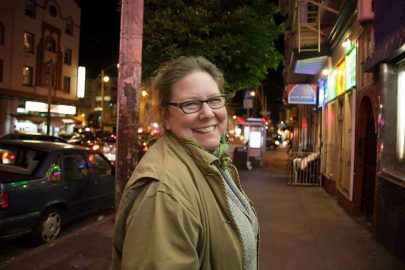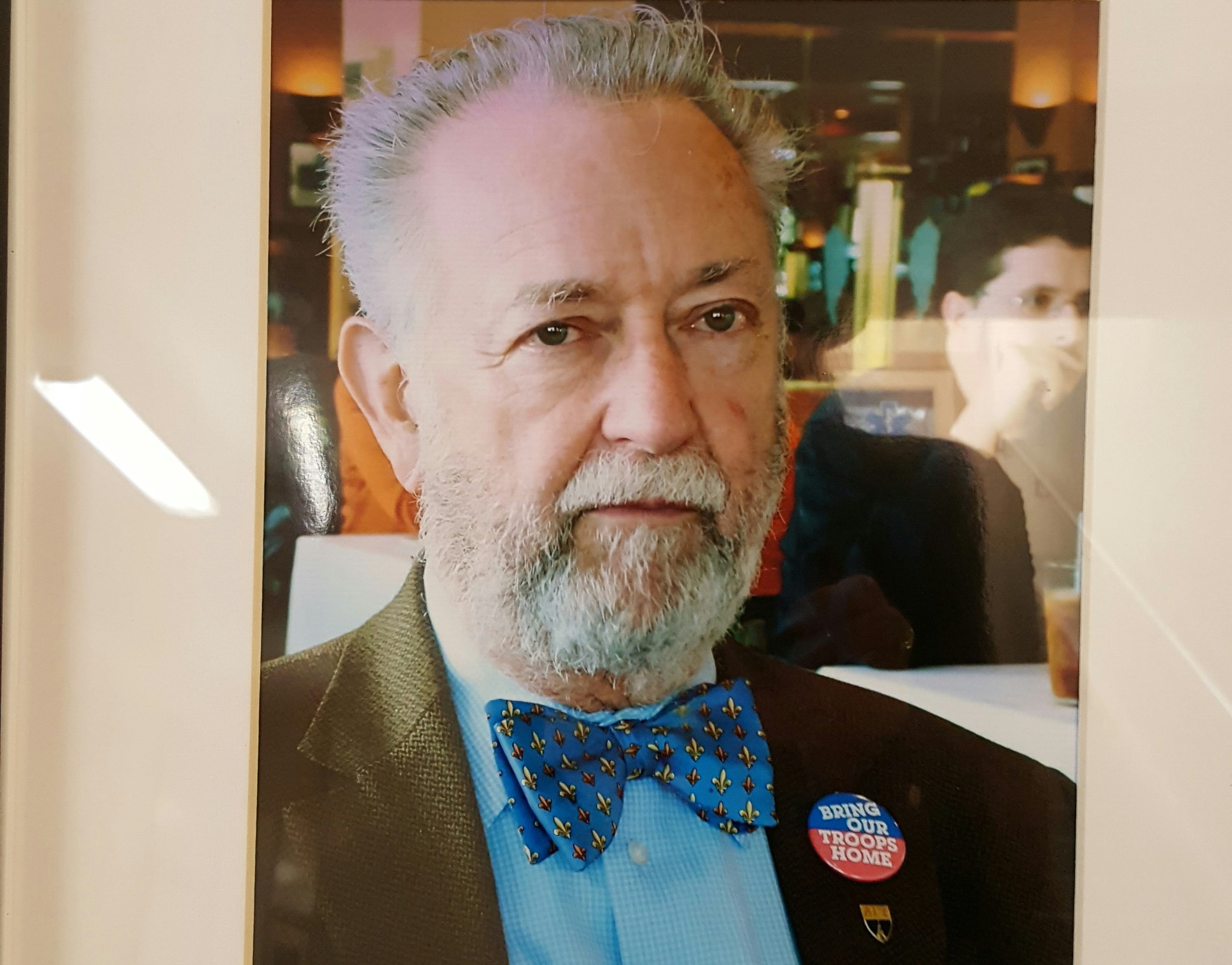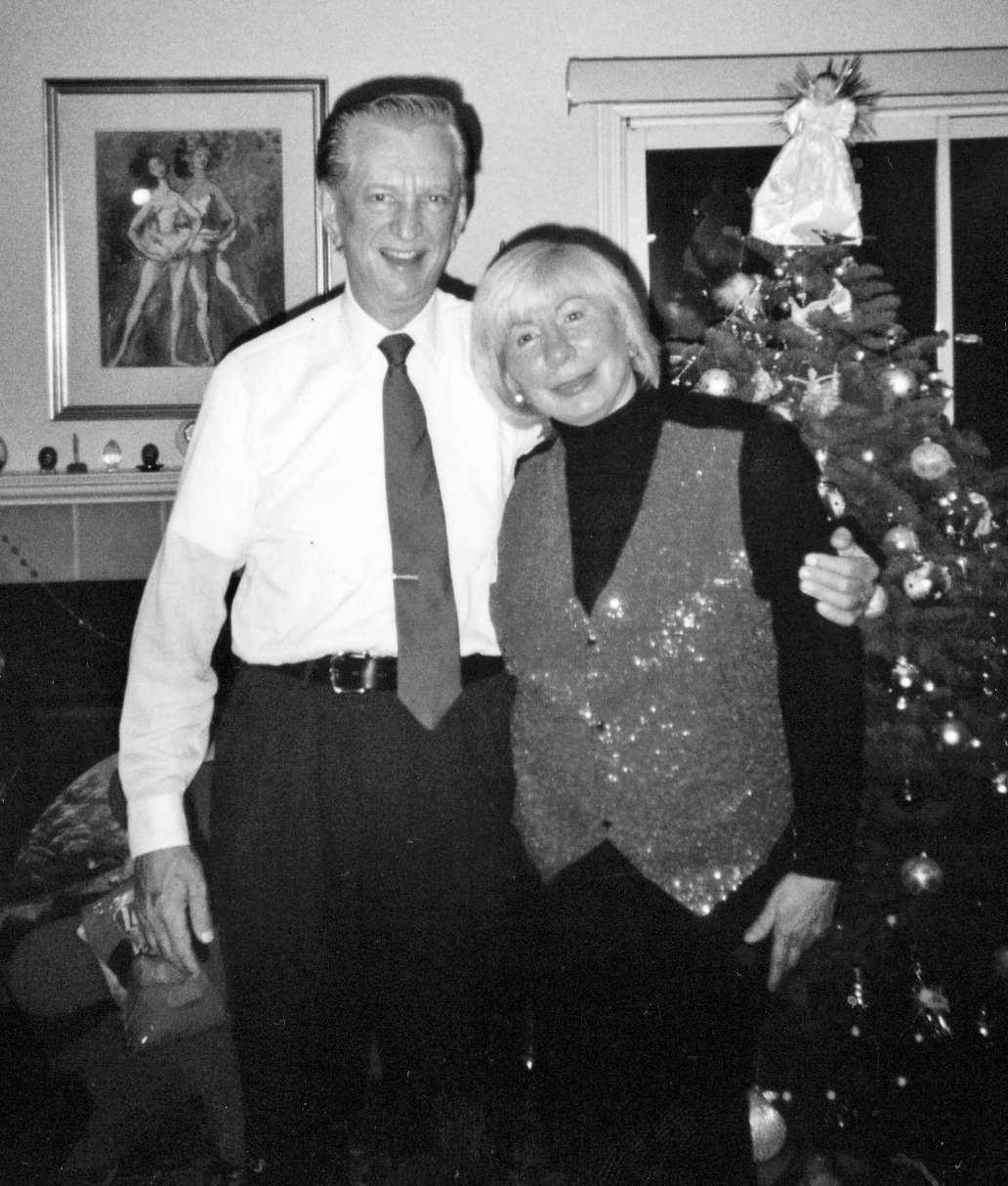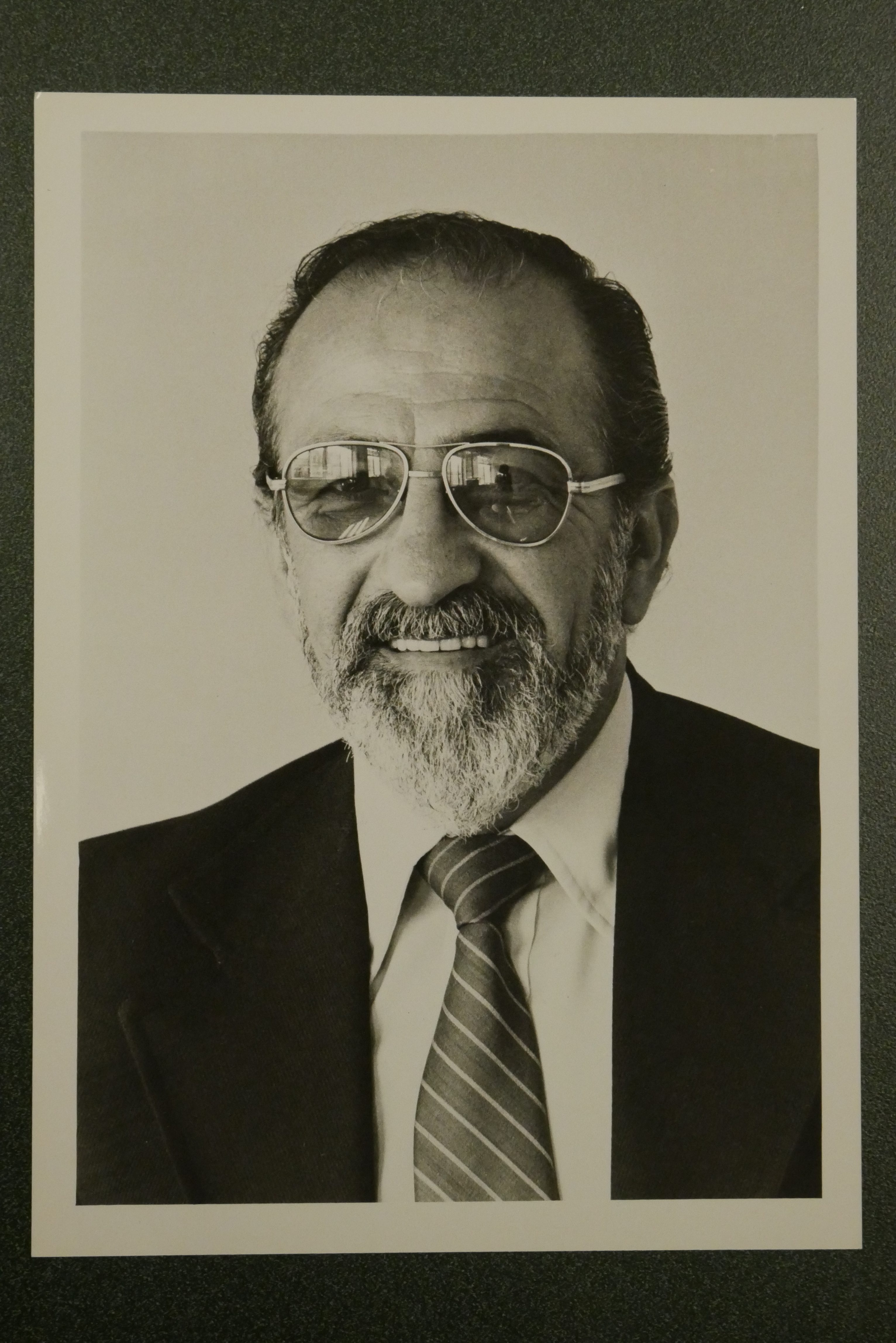By Andy Bays
Dina Ciraulo, professor of cinema production at City College since 2000 whose devotion to teaching and making films left a lasting impression on her students, died Feb. 7 after a long battle with cancer. She was 52.
Gifted in visual arts from a young age, Ciraulo strove to impart some of that passion on cinema students from all walks of life. “She had a a huge compassion for students, especially for helping students from disadvantaged backgrounds,” her colleague Professor Carolin Blair said.
Having a zen-like calmness at all times and an unquenchable thirst for nature and history, she once took a two-day trek through the Eagle Mountains in Southern California to see ancient petroglyphs. Ciraulo was an understanding professor who could, in a constructive way, occasionally be brutally honest with students.
“She was an inspiration to everyone,” Interim Cinema Department Chair Anna Geyer said. “In her dedication to helping students and in her filmmaking, she always went beyond the call of duty.”
Her dual love of cinema and the great outdoors led her to produce and direct the feature film “Opal” (2010) about the nature writer Opal Whiteley, whose alternating genius and insanity captured public imagination in the 1920s.
“Opal” premiered at the 2010 Mill Valley Film Festival and won the Nell Shipman Directing Award, a FilmHouse Residency from the San Francisco Film Society, and several more awards nationally.
“‘Opal’ was made against all odds, completely self-funded,” Ciraulo’s mother Janelle Melvin said. “She had an amazing ability to inspire people to get on board with her. It’s a period film and she produced all the costumes on her own dime. It’s low-budget but it looks high-end.”
“She was never wasteful, always responsible. She was a steward of the world,” Melvin recalled. “During the editing of ‘Opal,’ she didn’t have a kitchen table. It was a cutting table for her splicing.”
Born in San Jose 10 days after JFK was killed in late 1963, Ciraulo had an idyllic Bay Area childhood graced with sunny afternoons on the beach, which inspired her burgeoning practice of photography.
At Los Gatos High School, she participated in gymnastics and acrobatics and was one of the fastest contenders in the 50-yard dash. During those formative years, Melvin recalled, she tried to take up the guitar, but she was always more drawn to visual arts.
Ciraulo entered UC Berkeley as a Comparative Literature major and, soon after, moved to Paris, where her fluency in French and Italian allowed her to live and travel around Europe for a year.
She then attended the Whitney Museum of American Art Independent Study Program, where she was awarded the Van Lier Scholarship. The scholarship provided money for her to live in New York for a year, where she created an art installation for the Guggenheim Museum composed of glass blocks filled with beer.
Afterward, she returned to UC Berkeley with a newfound passion for film. “She was obsessed, consumed with film. She loved it as a medium,” Melvin said.
Ciraulo went on to receive an Masters of Fine Arts in Film Production from San Francisco State, and afterward made several short films that screened internationally, including the Telluride Film Festival, SXSW Film Festival, the Hamptons International Film Festival and the European Media Art Festival.
When gay marriage became legal in San Francisco, she married her longtime partner Terri Winston, and they lived together in a house composed entirely of found furnishings. “She only bought two pieces of furniture in her whole life,” Melvin said. “Everything in her house, including the paint, was found. It was a beautiful house.”
Ciraulo’s years as a professor at City College were marked by her “amazing ability to listen to others and focus on them,” Melvin said.
Aracelli Frias, a former student of Ciraulo, remembered her unorthodox teaching style.
“She was awesome. She had a unique way of teaching. One of her required texts was Stephen King’s ‘On Writing,’ which dealt more with an author’s path,” Frias said.
Ciraulo took a leave of absence several semesters ago to deal with her illness. In her final days, she returned to her childhood passions of nature and photography, capturing beautiful photographs of orchards, fields of flowers and old cabins.
A scholarship at City College has been created in her name.
“Film students from around the world have been writing in on Facebook to express their loss,” Blair said. “It’s remarkable to see how many lives she touched.”
She is survived by her father, Don J. Ciraulo of Saratoga, California, her mother, Janelle Melvin of San Jose, her sister Darlene Ciraulo of Warrensburg, Missouri, and her partner Terri Winston of San Francisco.
“Opal, sometimes you only get one chance,” says a character in Ciraulo’s film. In an echo of Ciraulo’s own philosophy, the character goes on to say, “Take it, when it comes.”
Contact a reporter
Send an email to: Andy Bays



